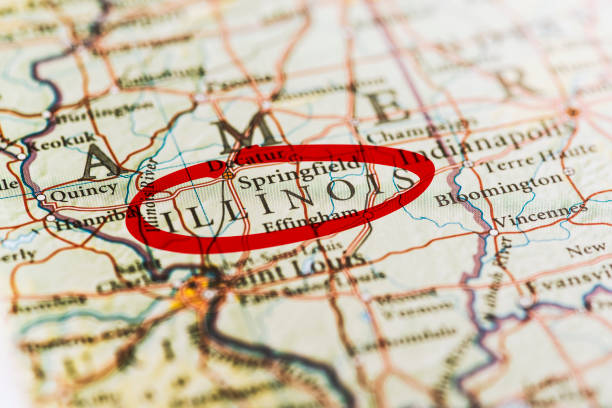State legislation that expands the ability of rural electric cooperatives to deploy broadband infrastructure in Illinois is making its way to the governor’s desk. The Electrical Service Broadband Deployment and Access Law, passed by the General Assembly June 1, would allow electric cooperatives that receive state or federal funding to improve broadband service to use existing electric easements and road rights-of-way to install the infrastructure in grant areas, subject to specific notification and compensation requirements for property owners.
The bill aims to improve broadband access in potentially underserved areas by providing electric cooperatives with more flexibility in infrastructure deployment. It establishes a process where landowners can request compensation for a lower property level and receive some protections during the install, according to FarmWeek Now. However, electric cooperatives can access the property and install broadband infrastructure after notifying the landowner and receiving all needed permits.
Illinois Farm Bureau (IFB) Director of Business and Regulatory Affairs Bill Bodine told FarmWeek Now the organization didn’t oppose the legislation because negotiations led to some landowner safeguards. “While not perfect, the legislation provides protections for landowners and streamlines the process for electric cooperatives that receive state or federal grants in the funding areas. If signed into law, IFB will closely monitor implementation and work to ensure that impacts to farmland owners are minimized,” Bodine said.
IFB policy supports improving rural broadband and protecting property rights, and IFB staff helped negotiate protections for landowners including a narrow use of the law, which is limited to electric cooperatives awarded state and federal grants. Co-ops also cannot use the process beyond the grant service area, and they must give at least 14 but not more than 60 days’ written notice to property owners.
Electric cooperatives must detail how they will conform to applicable National Electric Safety Code standards for overhead clearance. For below-ground infrastructure, cooperatives must provide a statement absolving the property owner or tenant from liability for any damages to broadband infrastructure that occur during normal property use, including normal farming operations.
The bill also states a property owner who is demanding just compensation must serve written notice to the cooperative within 45 days after the anticipated date of broadband deployment as provided in the notice to the property owner. If an agreement cannot be reached, the landowner can file a lawsuit in the local circuit court within six months of the original notice of intent.





Reader Interactions